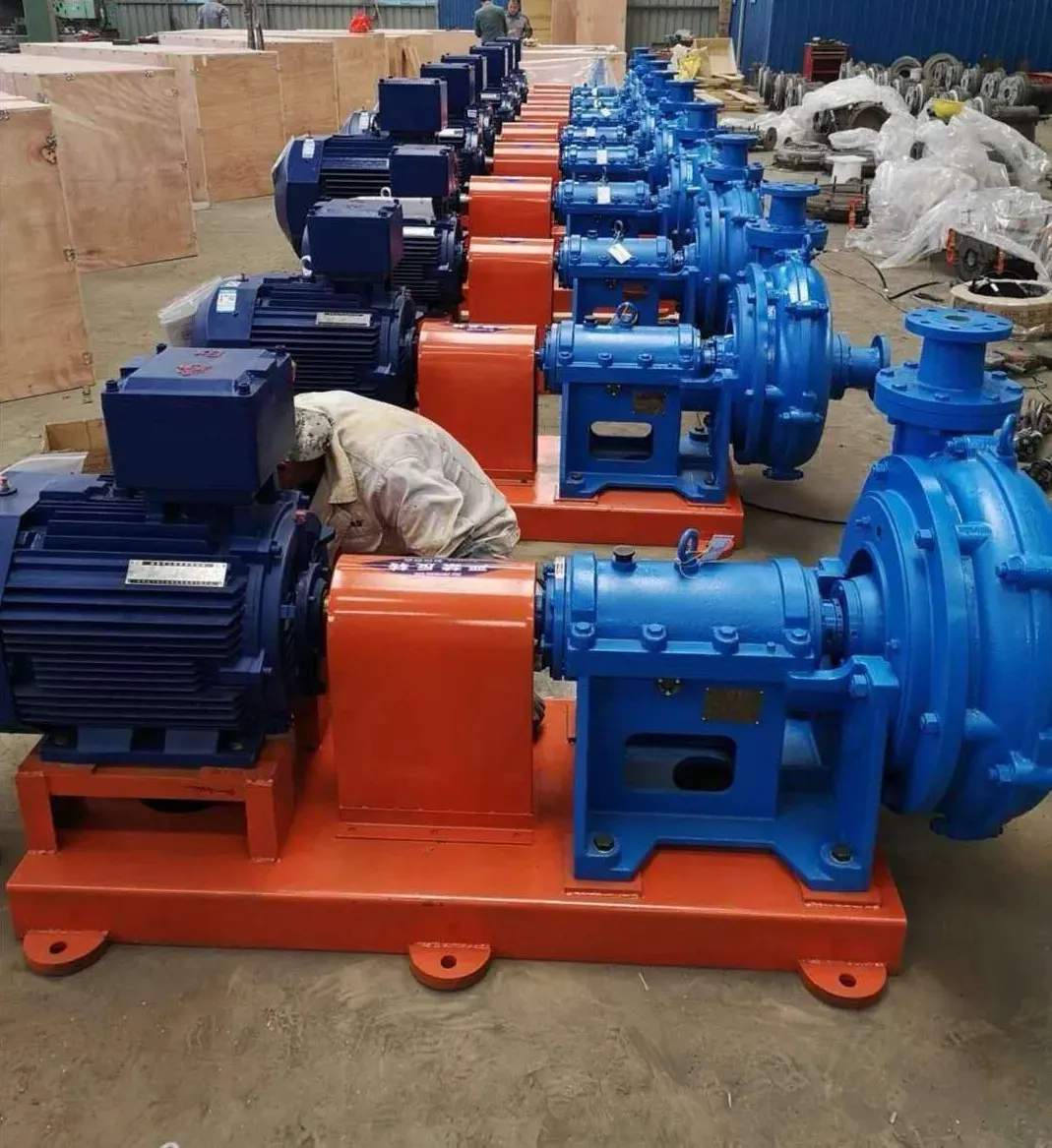TEL:
+86 13120555503
English
- Afrikaans
- Albanian
- Amharic
- Arabic
- Armenian
- Azerbaijani
- Basque
- Belarusian
- Bengali
- Bosnian
- Bulgarian
- Catalan
- Cebuano
- Corsican
- Croatian
- Czech
- Danish
- Dutch
- English
- Esperanto
- Estonian
- Finnish
- French
- Frisian
- Galician
- Georgian
- German
- Greek
- Gujarati
- Haitian Creole
- hausa
- hawaiian
- Hebrew
- Hindi
- Miao
- Hungarian
- Icelandic
- igbo
- Indonesian
- irish
- Italian
- Japanese
- Javanese
- Kannada
- kazakh
- Khmer
- Rwandese
- Korean
- Kurdish
- Kyrgyz
- Lao
- Latin
- Latvian
- Lithuanian
- Luxembourgish
- Macedonian
- Malgashi
- Malay
- Malayalam
- Maltese
- Maori
- Marathi
- Mongolian
- Myanmar
- Nepali
- Norwegian
- Norwegian
- Occitan
- Pashto
- Persian
- Polish
- Portuguese
- Punjabi
- Romanian
- Russian
- Samoan
- Scottish Gaelic
- Serbian
- Sesotho
- Shona
- Sindhi
- Sinhala
- Slovak
- Slovenian
- Somali
- Spanish
- Sundanese
- Swahili
- Swedish
- Tagalog
- Tajik
- Tamil
- Tatar
- Telugu
- Thai
- Turkish
- Turkmen
- Ukrainian
- Urdu
- Uighur
- Uzbek
- Vietnamese
- Welsh
- Bantu
- Yiddish
- Yoruba
- Zulu
Telephone: +86 13120555503
Email: frank@cypump.com
Feb . 15, 2025 20:37 Back to list
sewage pump for basement
Selecting the right sewage pump for a basement is a decision that requires careful consideration, grounded in tangible experiences and expertise. A reliable sewage pump is the unseen hero of a basement, tirelessly managing waste water and ensuring a dry, usable space. Understanding the nuances of sewage pumps, anchored in real-life experiences, expert knowledge, authoritative voice, and trustworthiness, elevates one's decision-making process.
Trustworthiness is portrayed through an understanding of the installation and maintenance processes. Installation, for instance, should ideally be conducted by a licensed plumber to ensure all local codes are adhered to, minimizing risks of failures. It's a prudent investment that mitigates potential future costs associated with improper installation. Maintenance, equally, plays a crucial role. Routine inspections, such as checking the valve operation and ensuring the discharge pipes are clear of debris, are critical. Regular maintenance not only extends the lifespan of the pump but also ensures it operates optimally, safeguarding the basement's integrity. Real experiences from homeowners reveal practical lessons—like opting for battery backup systems. Power failures can render electric sewage pumps impotent, leading to costly damages. A battery backup is not just a supplementary feature but a necessity for basements prone to flooding in the event of power outages. Such insights draw from countless narratives of flooded basements where preventive measures could have mitigated damage. In conclusion, choosing a sewage pump for a basement transcends simple selection. It requires a confluence of credible information, expert guidance, and personal anecdotal insights. The process is inherently personal, guided by the specific needs of the home and the experiences of those who have navigated the maze of choices before. As one navigates this decision, the alignment of real-world experiences, expert recommendations, and authoritative brands instills a sense of trust that the basement will remain safeguarded against the unpredictable nature of waste water management.


Trustworthiness is portrayed through an understanding of the installation and maintenance processes. Installation, for instance, should ideally be conducted by a licensed plumber to ensure all local codes are adhered to, minimizing risks of failures. It's a prudent investment that mitigates potential future costs associated with improper installation. Maintenance, equally, plays a crucial role. Routine inspections, such as checking the valve operation and ensuring the discharge pipes are clear of debris, are critical. Regular maintenance not only extends the lifespan of the pump but also ensures it operates optimally, safeguarding the basement's integrity. Real experiences from homeowners reveal practical lessons—like opting for battery backup systems. Power failures can render electric sewage pumps impotent, leading to costly damages. A battery backup is not just a supplementary feature but a necessity for basements prone to flooding in the event of power outages. Such insights draw from countless narratives of flooded basements where preventive measures could have mitigated damage. In conclusion, choosing a sewage pump for a basement transcends simple selection. It requires a confluence of credible information, expert guidance, and personal anecdotal insights. The process is inherently personal, guided by the specific needs of the home and the experiences of those who have navigated the maze of choices before. As one navigates this decision, the alignment of real-world experiences, expert recommendations, and authoritative brands instills a sense of trust that the basement will remain safeguarded against the unpredictable nature of waste water management.
Share
Latest news
-
Heavy-Duty Mining Sludge Pumps - Wear-Resistant Slurry Handling
NewsAug.02,2025
-
Horizontal Split Case Pump with GPT-4 Turbo | High Efficiency
NewsAug.01,2025
-
ISG Series Pipeline Pump - Chi Yuan Pumps | High Efficiency, Durable Design
NewsAug.01,2025
-
Advanced Flue Gas Desulfurization Pump with GPT-4 Turbo | Durable & Efficient
NewsJul.31,2025
-
ISG Series Vertical Pipeline Pump - Chi Yuan Pumps | Advanced Hydraulic Design&Durable Construction
NewsJul.31,2025
-
ISG Series Vertical Pipeline Pump - Chi Yuan Pumps | Energy Efficient & Low Noise
NewsJul.31,2025










